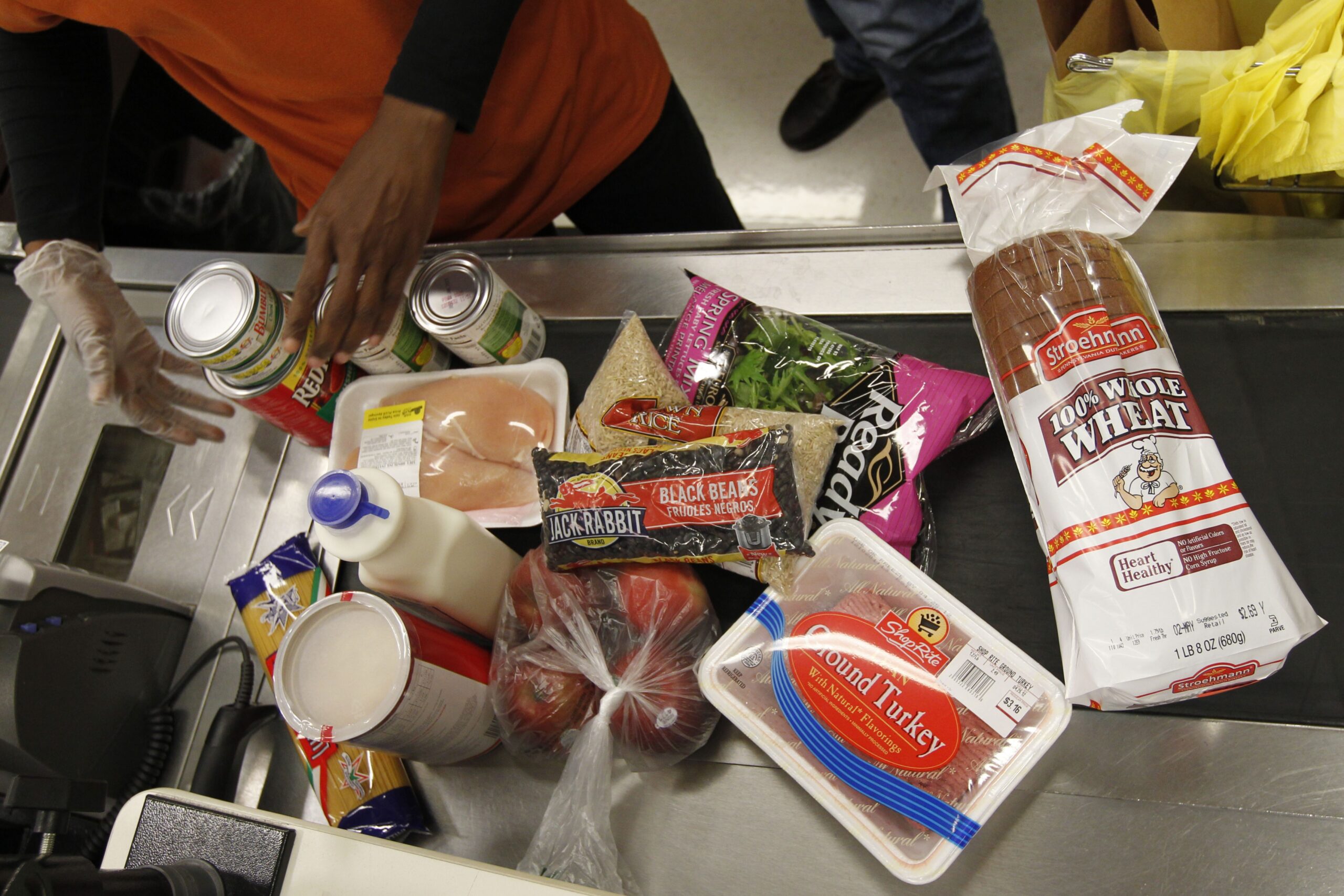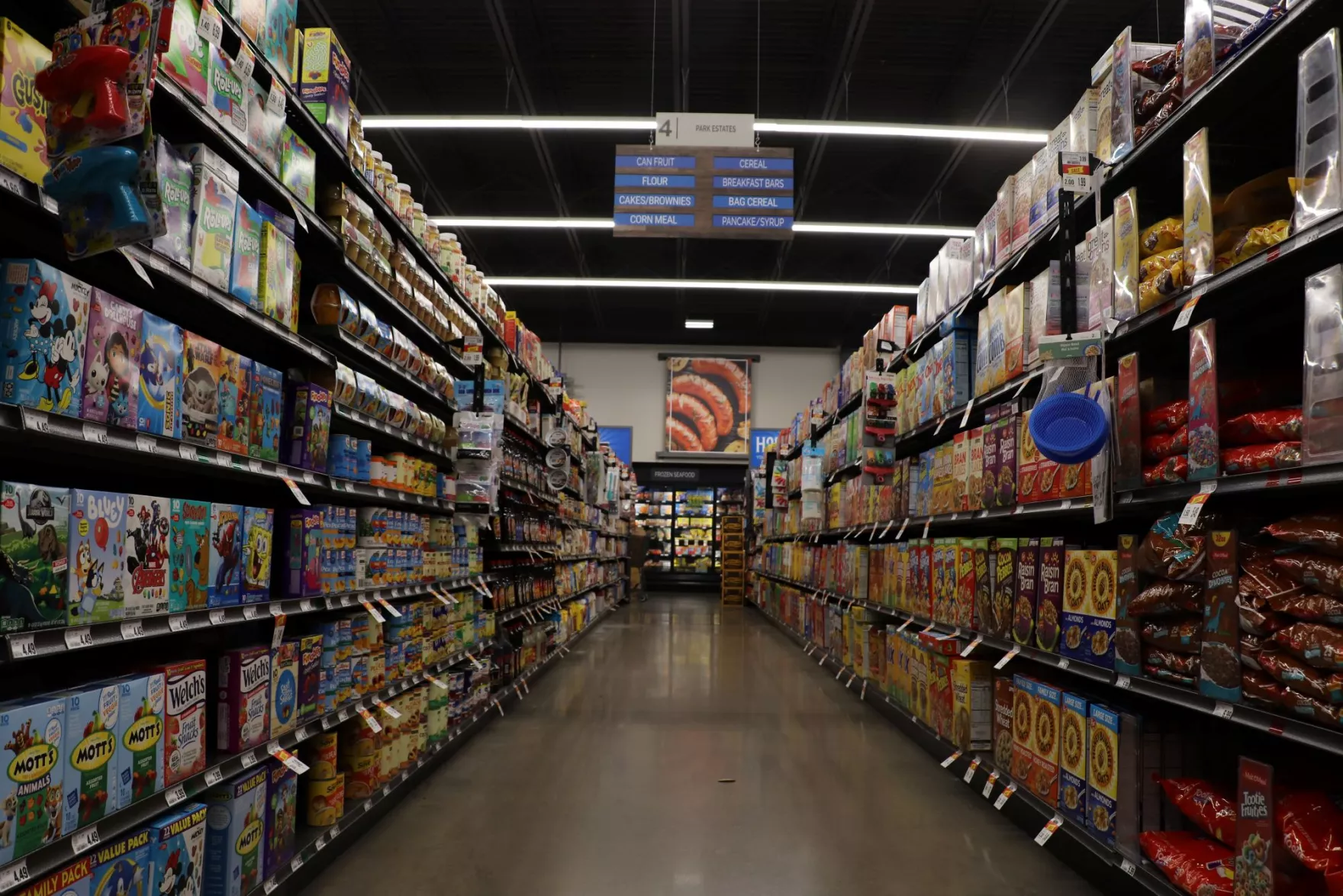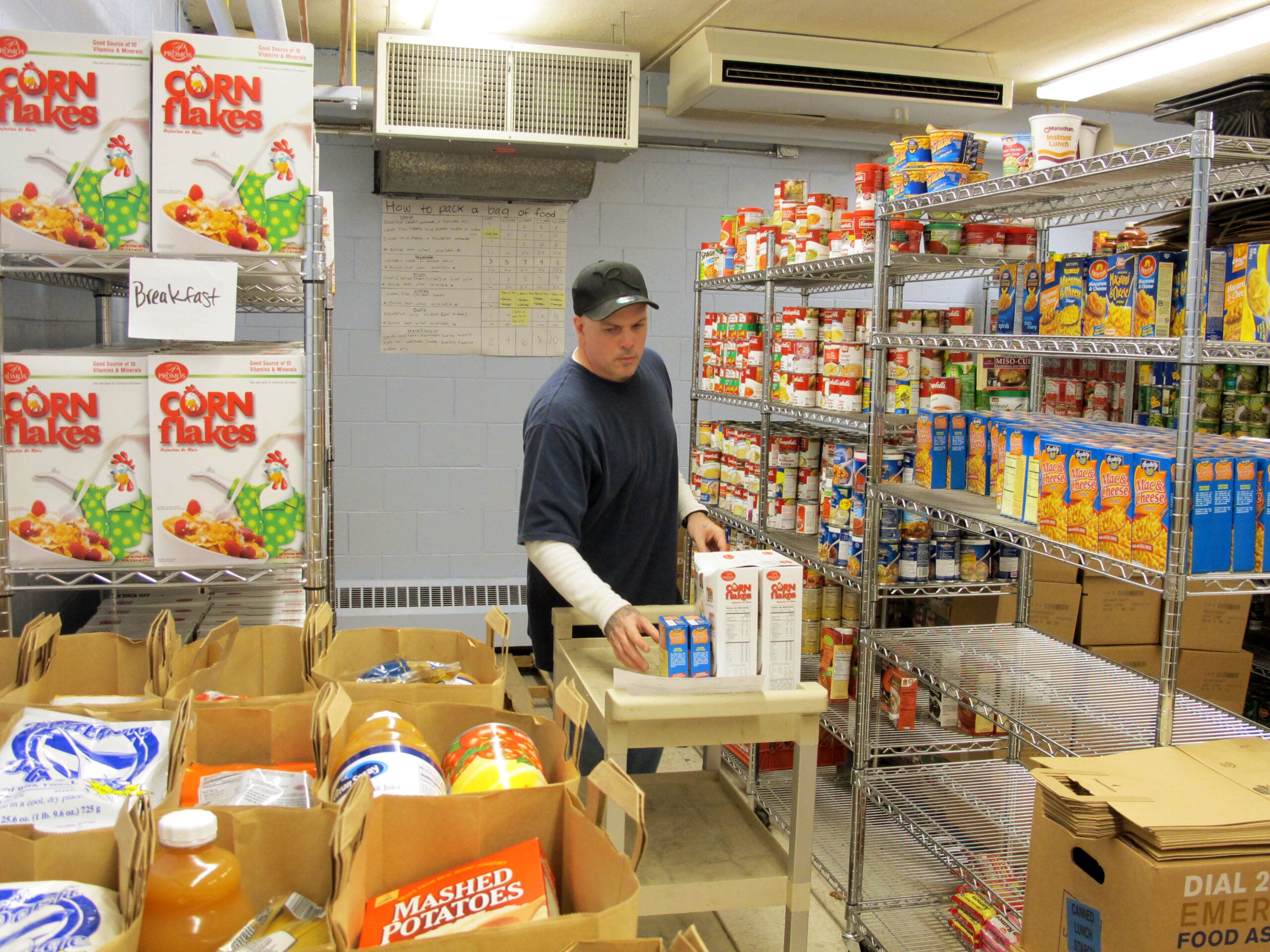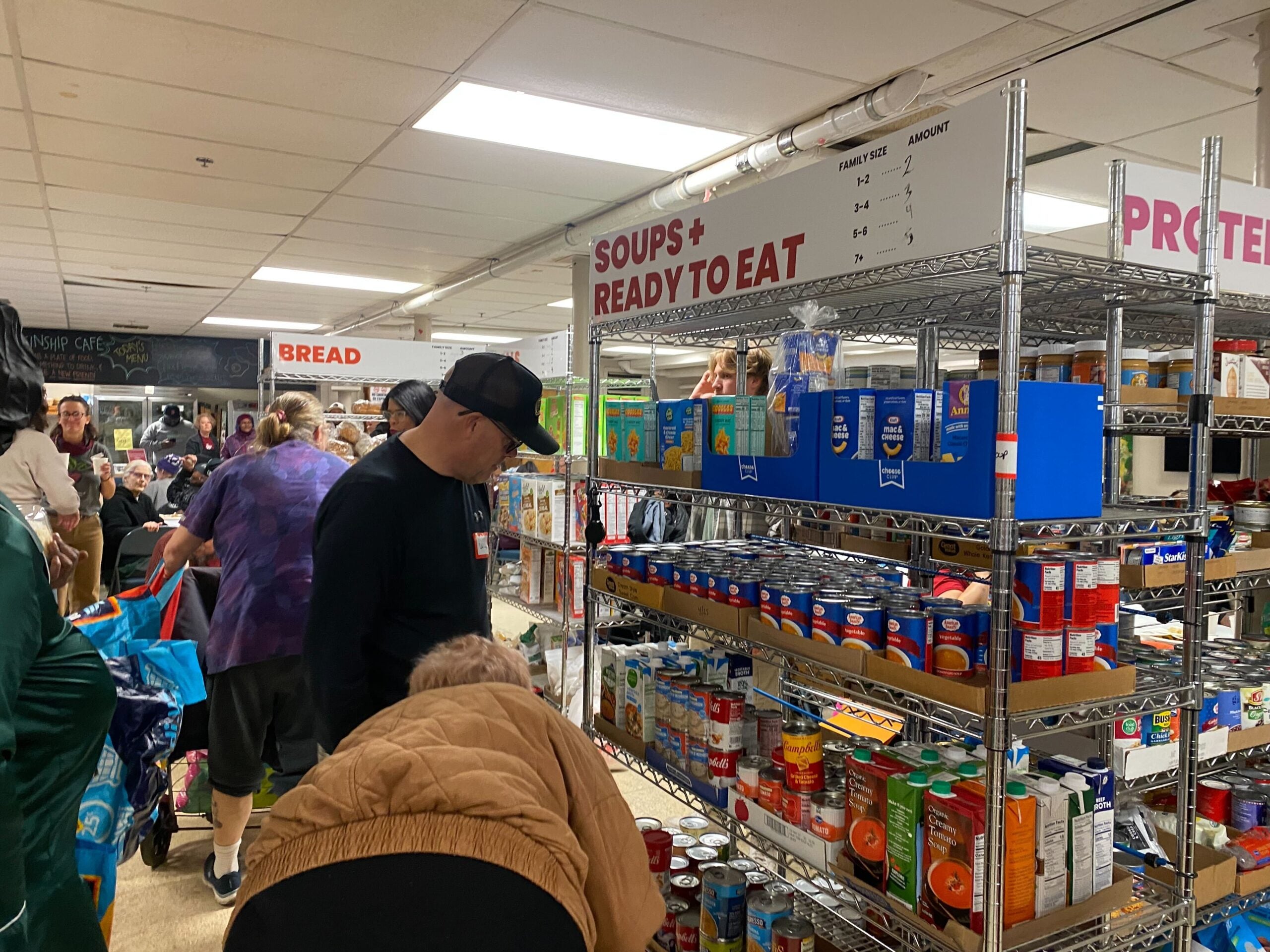A proposal to change federal food stamp requirements could cause 25,000 Wisconsin recipients to lose their benefits according to the Wisconsin Department of Health Services.
On Monday, U.S. Department of Agriculture Secretary Sonny Perdue announced the agency would change eligibility requirements for the USDA’s Supplemental Nutrition Assistance Program (SNAP) to close what he called a loophole that allows states to expand SNAP benefits “to include people who receive assistance when they clearly don’t need it.”
The proposed rule change would block states like Wisconsin from granting automatic eligibility for food assistance to some already qualifying for another federal benefits program called Temporary Assistance for Needy Families (TANF). A summary of the rule said the automatic enrollments can continue but only for those recieving “ongoing and substantial” TANF benefits, though it doesn’t define those terms. The agency said the change is needed because TANF-funded programs in some states may have eligibility standards that are less strict than requirements needed to qualify for food benefits.
News with a little more humanity
WPR’s “Wisconsin Today” newsletter keeps you connected to the state you love without feeling overwhelmed. No paywall. No agenda. No corporate filter.
In a USDA press release Perdue said the loophole has made it easier for individuals to receive food assistance benefits when they wouldn’t otherwise qualify.
“For too long, this loophole has been used to effectively bypass important eligibility guidelines. Too often, states have misused this flexibility without restraint,” Perdue said in the release. “The American people expect their government to be fair, efficient and to have integrity — just as they do in their own homes, businesses and communities. That is why we are changing the rules, preventing abuse of a critical safety net system, so those who need food assistance the most are the only ones who receive it.”
The USDA estimates that 3.1 million Americans could lose food assistance benefits as a result of the change. The release said it would give the USDA “the ability to save billions of dollars, ensuring nutrition assistance programs are delivered with consistency and integrity to those most in need.”
DHS state Medicaid director Jim Jones told WPR the proposed rule could affect 25,000 Wisconsinites receiving SNAP benefits. He said the changes could also cause some families receiving free and reduced lunch benefits for children to lose their benefits as well.
To be eligible for the federal SNAP program, a family of three must make less than $27,000 per year and must not have more than $2,250 in bank accounts.
“Having to report your assets can be daunting for people who are elderly,” Jones said. “It can be daunting for people with physical disabilities. They’re relying on that money to get by in case of an emergency, in case if something comes up and you need to fix the car.”
Jones also said that forcing people to spend savings in order to receive food assistance benefits could put families in worse financial shape.
“The other thing is that you’re actually sort of forcing people into dire straits,” said Jones. “They can’t save money for college, they can’t save money for those things that are going to be emergencies in the future and you actually force them to impoverish not only on the income side where they already don’t have much, but also on the resources side, their assets, their savings account.”
Jones said changing federal rules to block states from offering automatic food assistance benefits to those already qualifying for another federal program would likely cause some recipients to drop out.
“Whenever you add another administrative hoop for people to jump through, you lose some people,” said Jones.
The USDA has set a public comment period on its proposed rule change that ends September 2019.
Wisconsin Public Radio, © Copyright 2026, Board of Regents of the University of Wisconsin System and Wisconsin Educational Communications Board.







